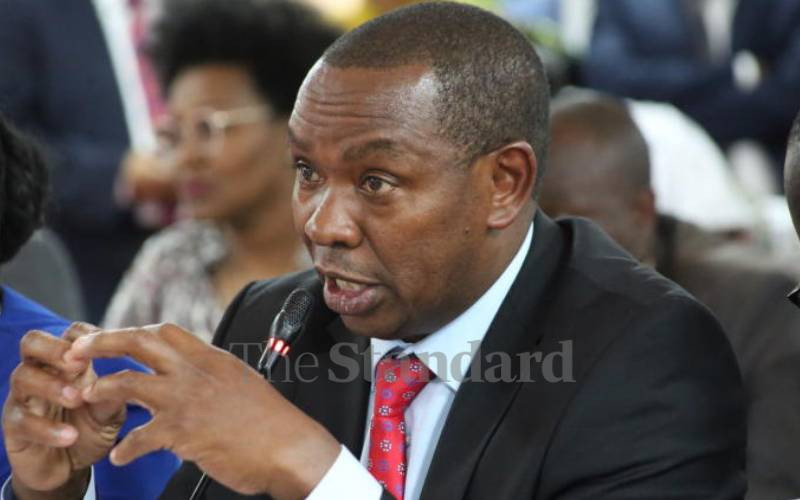×
The Standard e-Paper
Fearless, Trusted News

The two major political coalitions-Azimio la Umoja and Kenya Kwanza Tuesday clashed on how to resolve electoral injustices while submitting their views to the National Dialogue Committee.
The Azimio la Umoja delegation led by former Laikipia Governor Ndiritu Muriithi, recommended an audit of the 2022 presidential elections, which they claimed was manipulated in favour of President William Ruto.